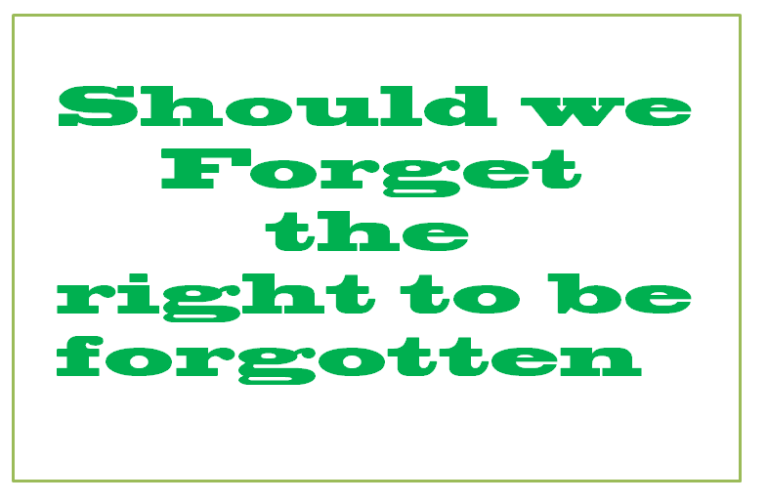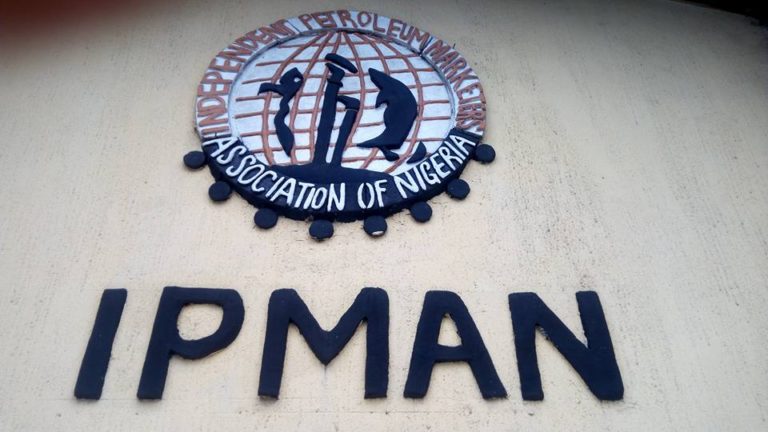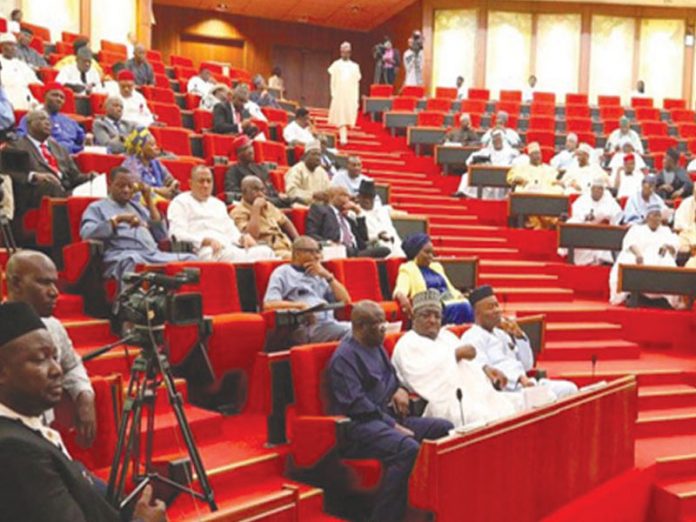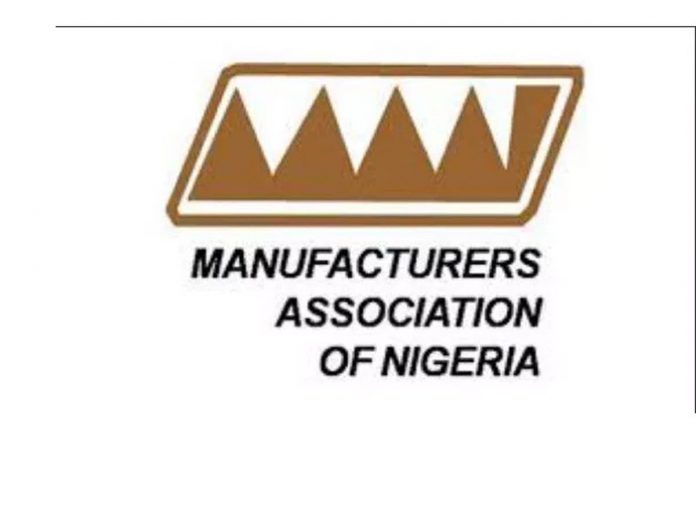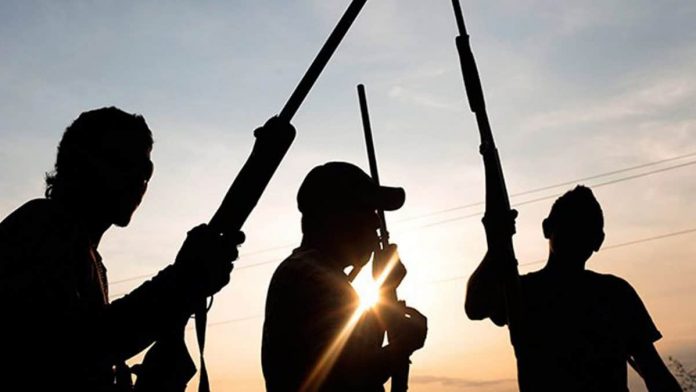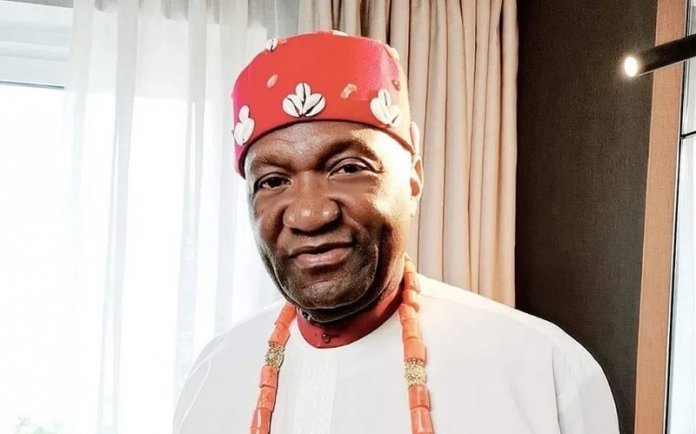Empowered citizens voted for politicians they knew would make them poorer, for liars to clean up politics…Tom Fletcher, The Naked Diplomat.
Dr Chidi Amuta takes the cake for both elegant turn of phrase and sheer depth of thoughtful analysis. I read his recent piece in THISDAY, ‘2023: Igbos and the Politics of Moral Consequence’ on a bumpy ride back to Sokoto. The essay is not exactly a foolproof DIY tool kit for the construction of the road to Aso Rock for his Igbo kinsmen. However, it manages to identify some harsh pebbles and nails whose litter have made the journey to the Presidency a Golgothean challenge for the Igbos. Instructively, the essay does not address the issues of why some have crossed with so much ease while the Igbos remain stuck in a frustration of Sisyphean proportions.
When I got back to Sokoto, I put a call through to Dr. Amuta to commend him for the essay and say how much I had appreciated his insights. But when I woke up the next morning, a few fresh thoughts came to my mind, suggesting that despite the brilliance of the essay, it had thrown up a few grey areas that required further exploration. Indeed, as I had tried to do in my Convocation Lecture at the Ojukwu University, Awka on 20th March, 2020, the need for a robust conversation about the future of our country is imperative.
Therefore, my intention here is not to respond directly to the issues raised by Dr Amuta by way of a rebuttal because I agree substantially with his summation. What I wish to add is done with the hope that we can create a momentum for an orchestra of voices to shape the future and destiny of a nation that is gradually and inexorably sliding and screeching to a precipice. I have a few insights to buttress that point.
As Secretary of the National Political Reform Conference (NPRC) in 2005, that offered me a front seat and helped me to appreciate the reasons why the politics of this country is devoid of the required content for building a great nation. In the course of the NPRC assignment, I came to appreciate that nothing, absolutely nothing, had changed in content and substance in terms of how, over time, these gatherings have been nothing other than dress rehearsals and platforms to negotiate, barter and trade ambitions for the future. The composition of these Assemblies is often so fractious that it often ends up being a theatre for negotiating centrifugal interests. In the end, it is the national interests that suffer while national cohesion becomes a delayed project.
What we call political parties, those rickety and dilapidated rickshaws we see changing wheels with every election, have always been conceived in the midnight of these so called Assemblies. Meanwhile, groups pledge false loyalties against one another along ethnic, regional and religious lines. This has been our fate right from 1977 through 1988, 1995 and 2013. The result is that the proceedings end up in the valley of the dry bones where they pile on top of their predecessors.
I have gone to this length to illustrate the fact that despite the presence of serious minded intellectuals, their expertise has often been subsumed in the narrow and clannish interests of their ethnic, religious or regional interests. But the old ways can no longer hold and the looming danger that lies before us has to be averted not by threats, but by deliberate planning and thinking. We are facing a new generation of young, bright and future looking men and women for whom the old ways are a serious obstacle. They have their eyes on a future that is not here yet. They have designed ways and means of pulling down the walls of hegemony that have held the future captive and made Nigeria the object of ridicule and obloquy. The youth have enough weapons to destroy this treacherous heist from its very foundation.
Now to come back to Dr. Amuta. He raised the issues of what the country owes the Igbos under the doctrine of moral consequence. He carefully crafted a list of countries from where the rest of Nigeria can learn its lessons in recompense. But I see two problems here. First, Dr. Amuta assumes that his readers really understand the meaning of the doctrine of moral consequence. A definition of this notion would have been of great help so as to help situate his arguments in our context. Although he cites countries such as Australia, Rwanda or South Africa, it is important to understand that when applied to Nigeria, this theory requires conceptual and contextual clarifications.
First, as we know, in politics as in economics or any other aspects of human existence, culture defines, shapes and explains most behaviours. It is important to note that moral consequence as an ethical theory requires a cultural or theological underpinning. A given society has to have some form of common cultural understanding of its laws or ties that bind. All the countries that Dr Amuta listed have a Christian tradition. It would have been important to site any Muslim country which has applied this theory of moral consequence.
If we place moral conquentialism within the larger ethical template of Utilitarianism, we will have to wrestle with whether we derive our inspiration from Jeremy Bentham, Adam Smith, John Stewart Mill or John Rawls. We do not need to get into the arguments but it is important to note that here, we are on a slippery slope because the Nigerian politician is not guided or grounded by any of these deep philosophical postulations. Dem no wan grammar, remember?
The lack of an ethical framework to undergird all spheres of our life is what has led our country to a moral free fall in all areas. We are groaning under the weight of corruption, but this is because Ethics has found no place in our educational systems or public life. Without ethics, we return to the state of nature in its most brutal form. Here, let us pause and spare a thought as to how this problem has been metastasized. As we know, life itself is a long journey of negotiation, consensus building and a struggle to ensure that the strong do not overrun the weak, that the urge to do good outweigh the urge for evil. We are therefore constantly negotiating these choices, seeking the greatest benefit for the greatest number. This comes at a great cost because it depends on human nature and nurture.
Dr Amuta believes that one of the problems that the Igbos face on their way to the Presidency is the fact that, in his words, ‘It is an unwritten and unstated presumption that Nigeria can still not find in its heart to forgive the Igbos for Biafra.’ I find this reading of the situation quite troubling because first, Dr. Amuta does not spell out which Nigeria he is referring to. Okay, may be our brother Chido Onuma overstated it when he said ‘We are all Biafrans now’. Truth be told, there is resonance in that claim. Indeed, I was told by a senior military officer that the late Major General Hassan Usman Katsina called a meeting of retired military officers from the Middle belt to ask why they had become so frustrated and one of the Christian military leaders who actually was of the same generation as Katsina said: ‘Were the civil war to start today, I will be on the side of Biafra!’
Perhaps the Igbos are to blame for not positioning their wind vane properly otherwise, Dr. Amuta will understand that his thesis is seriously flawed. The north unraveled a long time ago and what is left is a scarecrow that still frightens some ignorant people in the south. Evidently, the Igbos and others must cure themselves of their horrifying ignorance of the complex mesh that is northern Nigeria. We hear the ignorance about the north being one and united. Well, ask the Shi’ites, Izala, Tijaniya, the Middle Belt, ask the Nupe, Kanuri, and Hausa what they feel or believe about this north. A survey conducted found that while just 35% of Muslims in northern Nigeria wanted to be identified as Sunni, a whopping 30% just wanted to be Muslim, with no other label. Outsiders have refused to appreciate the mutations of identities within Islam and continue to ignore how most of this affects political choices. If Dr. Amuta and kinsmen do not appreciate this, then they will remain in the rain for much longer by default.
Despite painting the picture of the Igbos as having been sinned against (which is true), Dr. Amuta rather strangely places the burden of redemption on the shoulders of the same people by saying that: ‘The Igbo political elite has to reduce its habitual fears and nervousness of the competing elite of other factions in the country’. How and why should the Igbos do this? After all, they have not invaded anyone’s territory except through their economic presence. They have not destroyed any national assets. So, how is this gratuitous appeasement of other factions supposed to take place? How should the Igbos be charged for the fears and nervousness of other competing elites when they are the ones who should be afraid and nervous after the loss of their war?
I agree that the weaponization of Biafra may have long time consequences but I am slow to accept the conclusion that it is ‘a tactical blunder that will frighten Nigeria.’ We have to place this in context and not moralise it. The average Igbo youth today in his thirties of forties will know that in the last twenty years of our Democracy, every section of the country has gotten its President by some threats of spilling blood. This is not any attempt to glamourize violence, but let us be truthful in the face of the staggering evidence: Odu’a Peoples’ Congress (OPC) in its raw form frightened the rest of the country after June 12th and it took this into the elections of 1999. They can claim they got a Yoruba man for President for what it is worth. The Ijaw Youth can also claim to have frightened the rest of Nigeria by blowing up pipelines before they received their son, President Jonathan as a concession of sorts.
Similarly, elements of Boko Haram in whatever shape or form, the killer men and women running riot in the country and murdering thousands of innocent citizens despite having been paid off, can claim credit to pursing an agenda in which fear is an investment. Threats of blood for monkey and baboon were loud in 2011. The Biafran agitators are a symptom not a disease. The real disease has been spread by the brutal politics of the other segments of Nigeria that inadvertently made violence the commodity of exchange for the Presidency. We can only reverse this ugly scenario if we are honest enough to accept that what we have as politics in Nigeria is blood and banditry by another name!
Dr. Amuta ends his beautiful essay with some troubling recommendations for the Igbos if they want to get the Presidency. First, he encourages the Igbos to adopt a policy of ‘deft foot walk, negotiation with other groups, abandon disturbing pride, arrogance and noisy ebullience for fear that it will unsettle competitors’. He accuses the Igbos of ‘not getting on their knees to seek a favour’, and suggests what he calls ‘pragmatic flexibility’ as the way forward, because, as he concludes: ‘When you go out to seek the lion’s share of what belongs to all, you go in meekness’. Lord God Almighty!
First, Nigeria’s political grounds are a treacherous slippery slope of deceit and subterfuge and so, no amount of deft foot walk will do. You can only negotiate successfully if both of you understand and sign on to the same rules of engagement and agree on outcomes. The current administration is the poster child of this subterfuge and convoluted moral consequence. Those who sank their energy and money into this project have come face to face with the reality that their deft foot walk has led them blinded folded into a darkroom where they are asked to hopelessly chase the black cats of opportunity. Has President Buhari (the lion) shared what belongs to all even with the meek? Last time I checked, the lion hunts alone! The immoral power sharing method of this President has exposed the folly of those who believe that deft foot walk and negotiations are a guarantee for the future of the Igbos. The nation is wounded but I believe in the long run, the President has mortally wounded the north itself.
When Dr Amuta charges the Igbos with ‘pride, arrogance, noisy ebullience’ and suggests that they should fear the consequences of unsettling their competitors, he is, in my view, asking them to lie on their own sword helped by their competitors. To compound his case, Dr. Amuta suggests that the Igbos ‘get on their knees to seek a favour’ and then engage in pragmatic flexibility. However, he does not offer us examples of the rewards that have come to those who engaged in previous knee bending, fawning, obsequious or pragmatic flexibility in the past. I will like to see the list of those so rewarded, no matter how short it may be.
In conclusion, the task of rescuing Nigeria falls on the elite of Nigeria who must raise the bar for elitism in its capacity to redeem and rescue a people by imposing a new civilisation. African Democracy remains prostrate because it has still not freed itself from the clutches of both British colonialism and local feudalisms. The quality of men and women at the helm of affairs cannot rescue this county from its current state of decay and looming decomposition. The future does not lie on which region, religion or tribe will produce the next President. This is the legacy of the feudalists and hegemonists across the country and only a careful elite prescription can understand where the world is going.
The Igbos must reconnect with their Yoruba and other educated elite, replace the corrosive politics of ethnicity with the quality of mind that knows how to channel diversity to greater and higher goals. Tribal politics will continue to produce the toxic ingredients of death and destruction that has engulfed us. Contrary to what Dr. Amuta seems to suggest, I am convinced that the Igbos are the most politically advantaged: they have the ubiquitous presence and human and economic resources more than anyone. And, rather than seeing this as an incubus, I see it as an asset. If we elevate politics to a noble art of intellectuals setting goals and developing a vision for the larger society, we can then create the conditions for everyone to thrive no matter where they may be. Tribal politics have destroyed Nigeria and we must destroy its temple so as to free ourselves. Until that happens, the moral consequences of our politics will continue to be chaotic and violent. Nigeria will remain in the hands of violent and evil men, men of darkness already circling around the country and ready to lead us into darkness. Their footsteps are already on our doorsteps. We must find our black goat before darkness engulfs us.
Kukah is Bishop of the Catholic Diocese of Sokoto
dareheights

